F.A.Q

What Are Parent and Child Pages in WordPress? A Parent Page is essentially a page that acts as a broad category or a main section of your website. The Child Pages are those that are linked to and nested under the parent. This hierarchy allows you to create a logical structure for your content and […]

Proper line spacing isn’t just about aesthetics — it directly affects readability, user experience, and even how visitors engage with your content. Whether you’re running a personal blog or managing high-traffic commercial websites, optimizing text spacing in WordPress can significantly enhance the visual structure of your site. In this guide, we’ll walk through the most […]
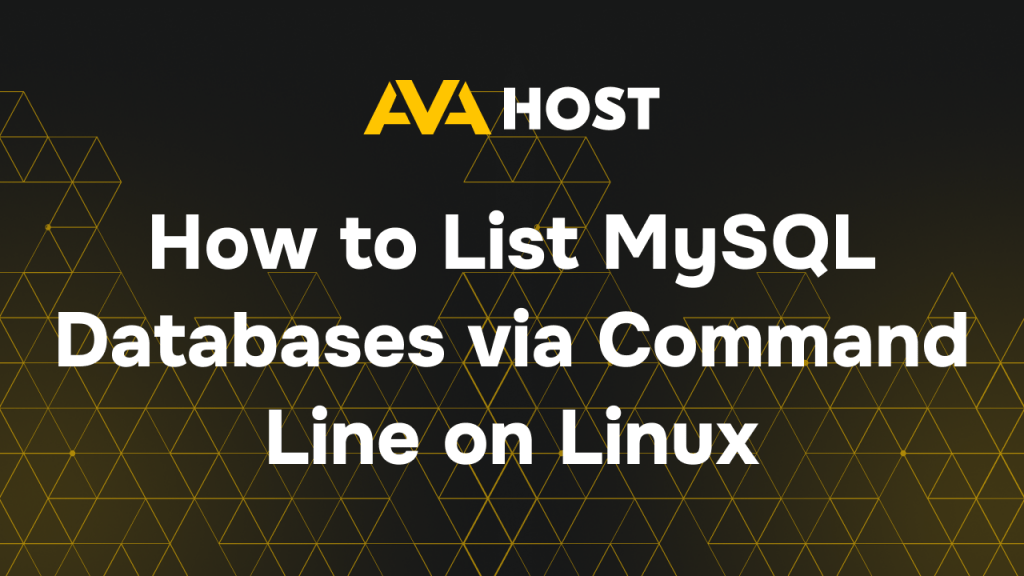
How to List MySQL Databases in the Linux Terminal Listing MySQL databases via the terminal is a key skill for managing Linux-based hosting environments like VPS or dedicated servers. This guide simplifies the process, showing you how to view all databases, filter results, and troubleshoot issues. With practical examples and tips, it’s perfect for sysadmins […]
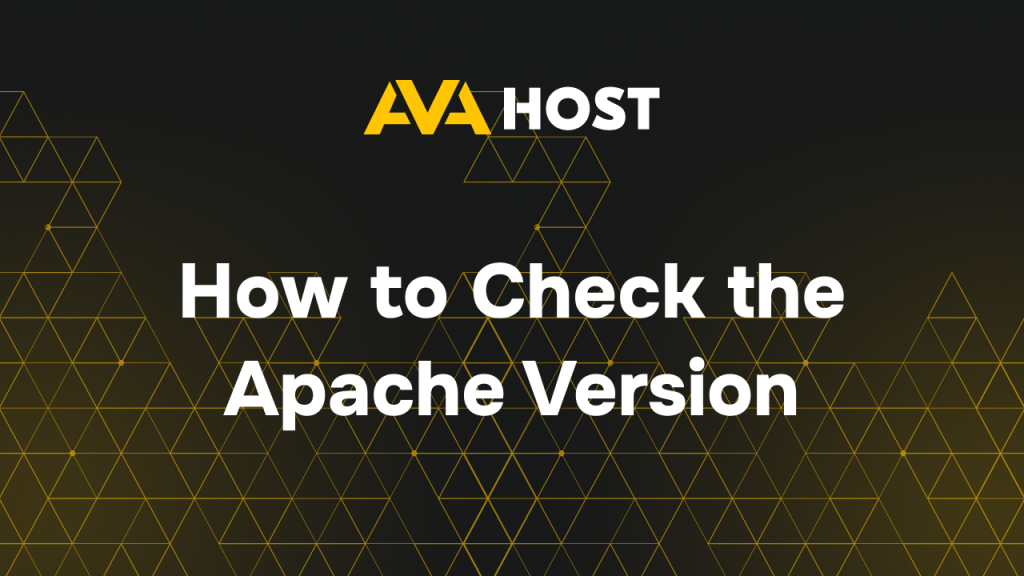
When managing a VPS or dedicated server, it’s essential to know which version of Apache is currently installed. Keeping your server up-to-date ensures better performance, compatibility with modules, and protection against known vulnerabilities. In this guide, we’ll show several simple ways to check the installed Apache version on your system. Method 1: Via Terminal (Linux) […]

How to Choose the Right Server CPU for Your VPS or Dedicated Server The CPU is the heart of your server, driving website speed, application performance, and traffic handling. Selecting the right processor ensures efficiency without overpaying. This guide simplifies CPU selection for VPS or dedicated servers, covering key parameters, practical examples, and tips to […]
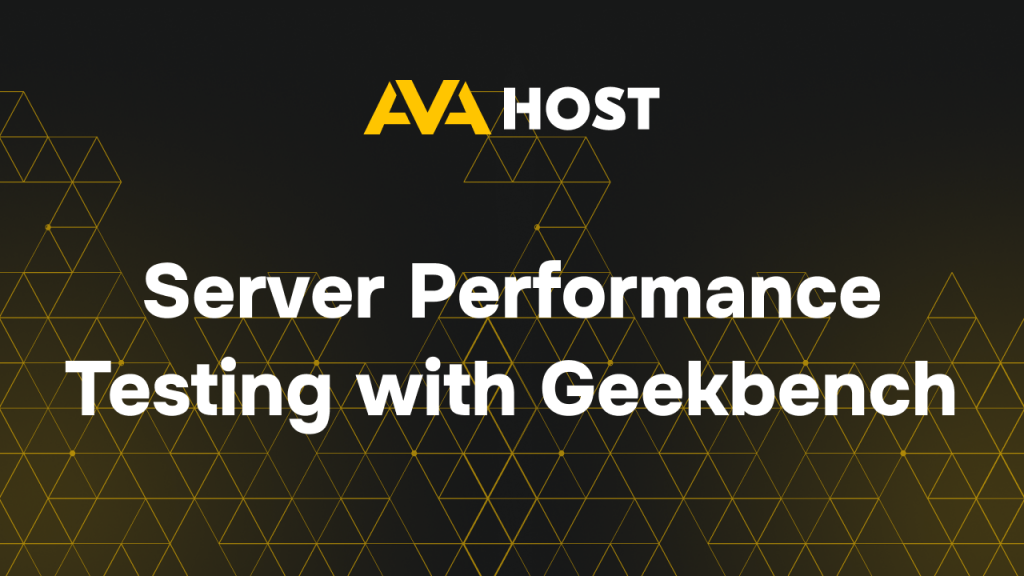
When you rent a VPS or dedicated server, verifying its real-world performance is essential — especially if your workloads involve databases, media processing, or complex applications. Geekbench is one of the most straightforward and reliable tools for this task. It delivers quick, clear insights into your server’s single-core and multi-core CPU performance.In this guide, we’ll […]

If you’re using a hosting service with cPanel, adding an additional domain to your account is quick and easy. This allows you to manage multiple websites from a single hosting plan. What Is cPanel? cPanel is a control panel — a dashboard provided by your hosting company where you can manage everything related to your […]
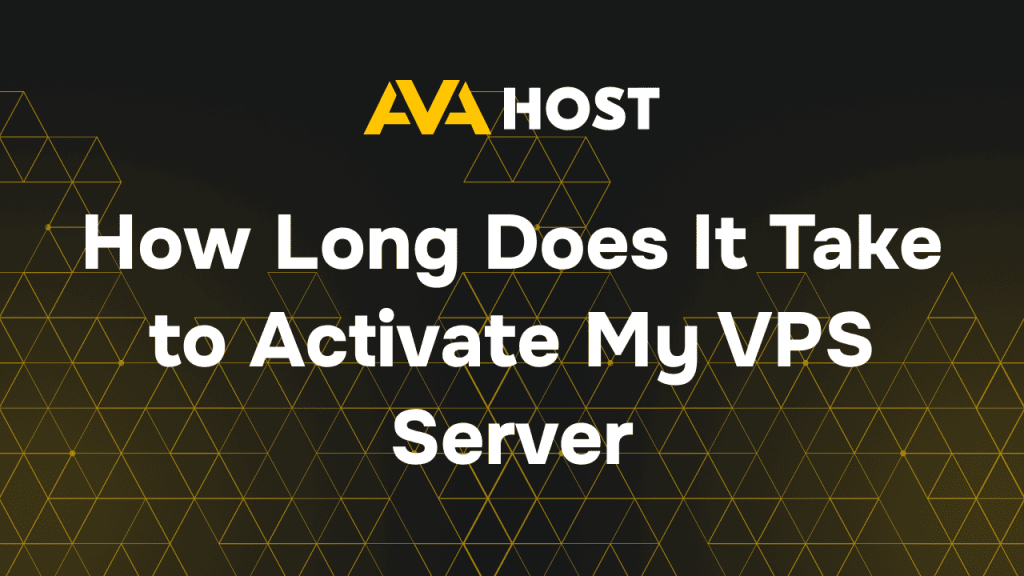
When ordering a VPS server, time is often critical. Whether you’re launching a project, testing software, or hosting a website, the sooner your server is ready — the better. So, how long does VPS activation actually take? Average VPS Activation Time For most hosting providers, VPS activation is fully automated and takes anywhere from 1 […]
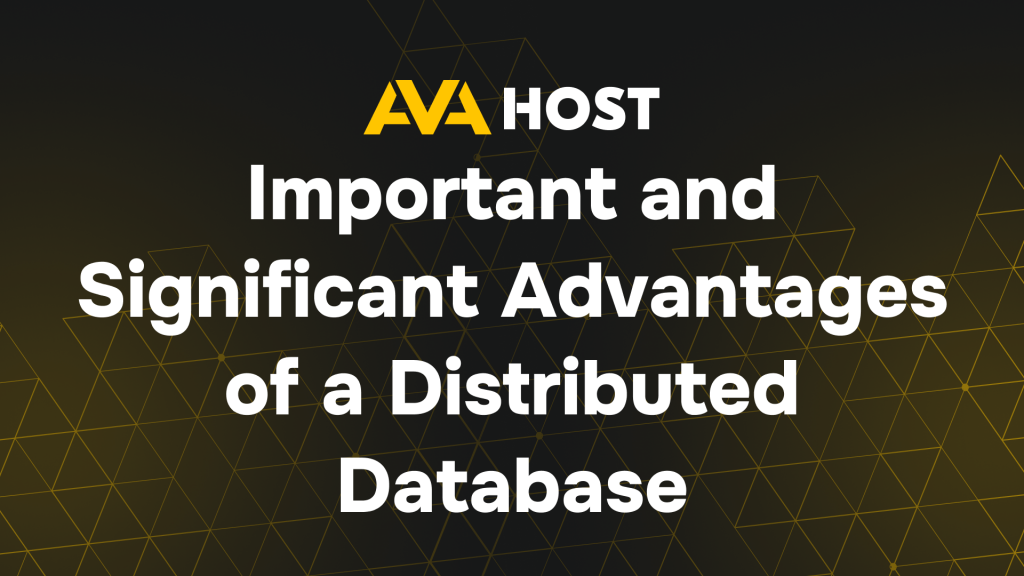
Unlocking the Power of Distributed Databases In today’s data-driven world, the architecture of your database can make or break your application’s performance, scalability, and resilience. Distributed databases, which store data across multiple physical locations, have become a game-changer for businesses managing massive datasets or serving global audiences. When hosted on ava.hosting’s high-performance VPS or dedicated […]

Secure, Passwordless Access with SSH Keys Managing your Linux VPS or dedicated server demands robust security, and SSH key authentication is the gold standard for secure, passwordless access. Unlike traditional passwords, SSH keys use strong encryption to provide faster, safer logins, ideal for both manual access and automated workflows. For example, setting up SSH keys for […]

